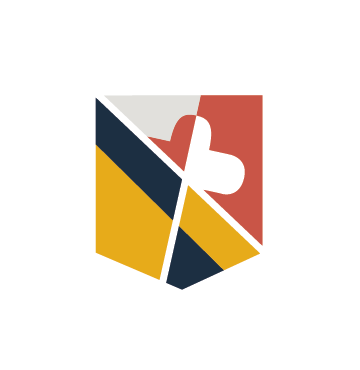Since its inception, the Kirwan Center has been supporting USM institutions in making strategic forays into online learning. “Online learning” in this context is defined as any learning environment that makes substantive use of a web-based component that enables collaboration and access to content beyond the classroom. Online learning strategies across the USM range from fully online degree/certificate programs, to MOOCs, to hybrid and "flipped" courses.
To advance this work, the Kirwan Center has launched USMx to help institutions leverage the affordances of online learning to give students the flexibility to interact with content, faculty, and learning communities in the ways that best meet their needs.
The USMx mission is to provide both access to innovative e-learning technologies as well as the resources, support, and planning necessary for strategic implementation of online learning. This, in turn, helps our institutions achieve their mission of providing access to high quality, affordable higher education to a diverse student body both in Maryland and across the globe.







